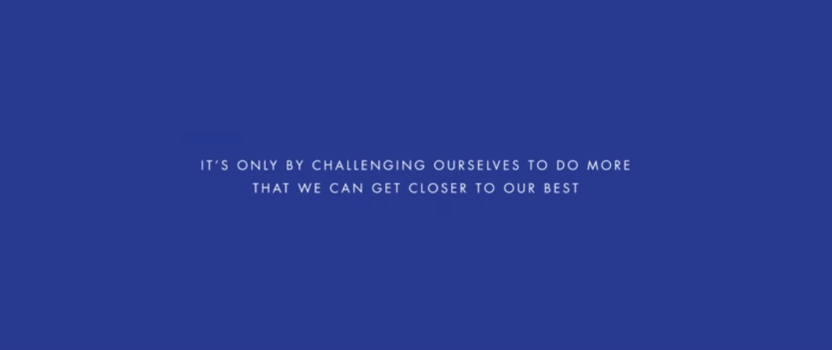Gillette ad backlash proves we’re still stuck in old ideas of masculinity
Earlier this month, the razor-making corporation Gillette released an ad that drew the ire of many of its past customers. The two-minute commercial first shows men and boys sexually harassing women, mansplaining to their coworkers and bullying others. Then, the narrator intones that “something has changed” and that “there will be no going back” — apparently referring to the Me Too movement.
Predictably, this ad drew polarized reactions. Some praised the ad for its call to action, while others vowed to throw out their razors. People took to Twitter to blast Gillette for saying “that masculinity is bad” and that the ad tried to “emasculate men.”
This backlash was reminiscent of the criticism following the Nike ad featuring Colin Kaepernick — with critics vowing to #justburnit — or even the 2014 Coca Cola ad featuring a multicultural, multilingual group of people singing “America the Beautiful” enjoying the soft drink. In that case, people started the hashtag #SpeakAmerican. Really.
It would be interesting to discuss what it means for giant corporations to align themselves with social movements simply for their own profit. We could even discuss the ways in which the Gillette ad reinforces cisnormativity and heteronormativity. At the end of the day, Gillette is a company that wants people to buy its razors; the ad is a simple attempt at virtue signaling.
But the visceral criticism to the Gillette ad proves just how limited people’s conceptions and ideas around masculinity still are. As author Thomas Page McBee wrote in his own article about the Gillette ad, “If you’re a man for whom the Gillette ad felt like an attack on ‘your masculinity,’ maybe it’s worth questioning how you learned to twin dominance, harm, and violence with your gender identity.”
Now, our dominant culture shows men as violent and entitled to women’s bodies. From James Bond movies to pornography, the messages are clear. There are some, but not enough, messages in the media of men and masculine-identifying people seeing the often invisible labor women and femmes perform, amplifying (and giving credit to) the ideas of people, especially women and femmes of color, who are often dismissed.
We need to see more of accountability among people of all genders — listening when we fail to follow through on our commitments instead of getting defensive. We need to create spaces for people to explore their emotions. We need to move beyond a low-bar standard of “don’t assault someone” to an expansive notion of positive, healthy masculinities. We need to complicate our traditional notions of concepts like leadership, going beyond the “charismatic male figure” model to see how one can exercise leadership in various ways.
It is a sign of progress that Gillette, a company that once claimed among its users “the millions of big, strong-limbed supermen who are fighting to save freedom,” made this ad. But the backlash to that ad shows how far we still have to go.
Diego Quezada is the co-director of Rethink Masculinity, a project of CASS that addresses gendered violence by engaging masculine-identifying people in work to promote healthy masculinities.

